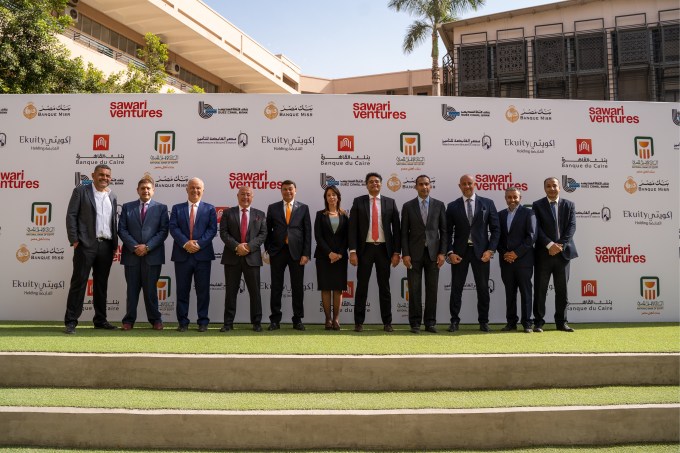Bob W, the self-described “tech-driven” hospitality provider that offers an alternative to traditional hotels and short-stay rentals, is disclosing €10 million in seed funding.
Leading the round, which included a first tranche of €4 million last year, is byFounders VC and private equity firm Finnish Industry Investment (Tesi). Other European real estate and venture capitalist investors participating include Kaamos, Superangel, United Angels and NREP (via its anchor investment into the 2150 venture capital fund, which promises to back sustainable urban technologies).
Founded in 2018 by Niko Karstikko and Sebastian Emberger, Bob W — which is a play on the phrase “best of both worlds” — is described as offering tech-powered short-stay apartments that combine hotel-like quality with the authenticity of individual rentals.
Its “full-stack” model sees it source and manage properties and provide an accompanying app for guests, with support for chat-based customer service and contactless online check-in. It also claims to have made the majority of its operations autonomous. “[This] not only minimises human error but also allows the company to craft the entire guest experience, from booking to check-out, at scale,” says the company.
Launched in a number of Nordics markets, and on the verge of opening properties in London, the startup seems to be weathering the pandemic, reaching occupancy rates as high as 90% at its existing properties in Estonia and Finland. Revenue is also said to have grown by 80% in 2020, with the company putting a lot of marketing toward claims behind being more hygienic than many hotels.
“A new generation of travellers have developed a refined taste when it comes to accommodation; they’re mixing business with pleasure and often staying for longer,” says Niko Karstikko co-founder and CEO of Bob W. “They want the reliable quality of a hotel and the authenticity and convenience of a private apartment. The problem is that many hotels feel generic and lack key amenities like kitchens, while booking a private rental feels like playing roulette”.
Despite this contradiction, Karstikko says the short-stay rental market has continued to grow over the past decade with millions of properties available, “demonstrating the demand for home-like settings where guests can live like a local”. And it’s this demand that was the inspiration behind Bob W.

Image Credits: Bob W
“Bob W guarantees the best short-stay apartment experience, which includes the amenities and local authenticity of a home combined with responsive host communication available 24/7, the best professional cleaning program in the industry, curated local service partners (gym, breakfast, etc.), dedicated business services and more”.
This means that guests can rely on “hotel-like consistency” across all of Bob W’s locations, without paying hotel prices and with “the flexibility to stay days, weeks or months”.
Karstikko says a typical Bob W guest is someone who “travels less but stays longer”.
“They often mix business and pleasure and come for leisure, work, digital nomad-ery or just to get away and get a taste of living like a local,” he explains. “To do that, they seek out authentic places to stay which also have the amenities and consistent quality they expect, like a fully equipped kitchen and some elbow room. What they want is a home away from home”.
Meanwhile, direct competitors include the likes of Sonder, Cosi Group, Lime Home and, more broadly, the hotel and short-stay segments. To that end, Karstikko argues that Bob W is the “most local, authentic experience” on the market and offers the most consistent, yet customized experience. It also pitches itself on being more sustainable.
“We have put sustainability at the core of everything we do,” adds the Bob W CEO, “from powering our apartments with 100% renewable energy to recycling, minimising single-use plastic, sourcing furniture responsibly and [other] green initiatives throughout the business. We will also have massive news soon about how we’re taking sustainability to the next level, as all of us need to do more to combat the climate crisis”.




